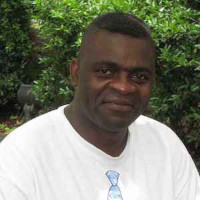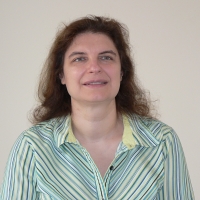
Sergei Pilyugin (UF Mathematics)
368 Little HallModeling social dynamics: consensus/fragmentation via repeated exchange of opinions When does an opinion formation process within an interacting group lead to consensus, polarization or fragmentation? In this talk, I will discuss several models for the dynamics of continuous opinions of individuals influenced by exchange of ideas and information within the corresponding social group. One specific …








